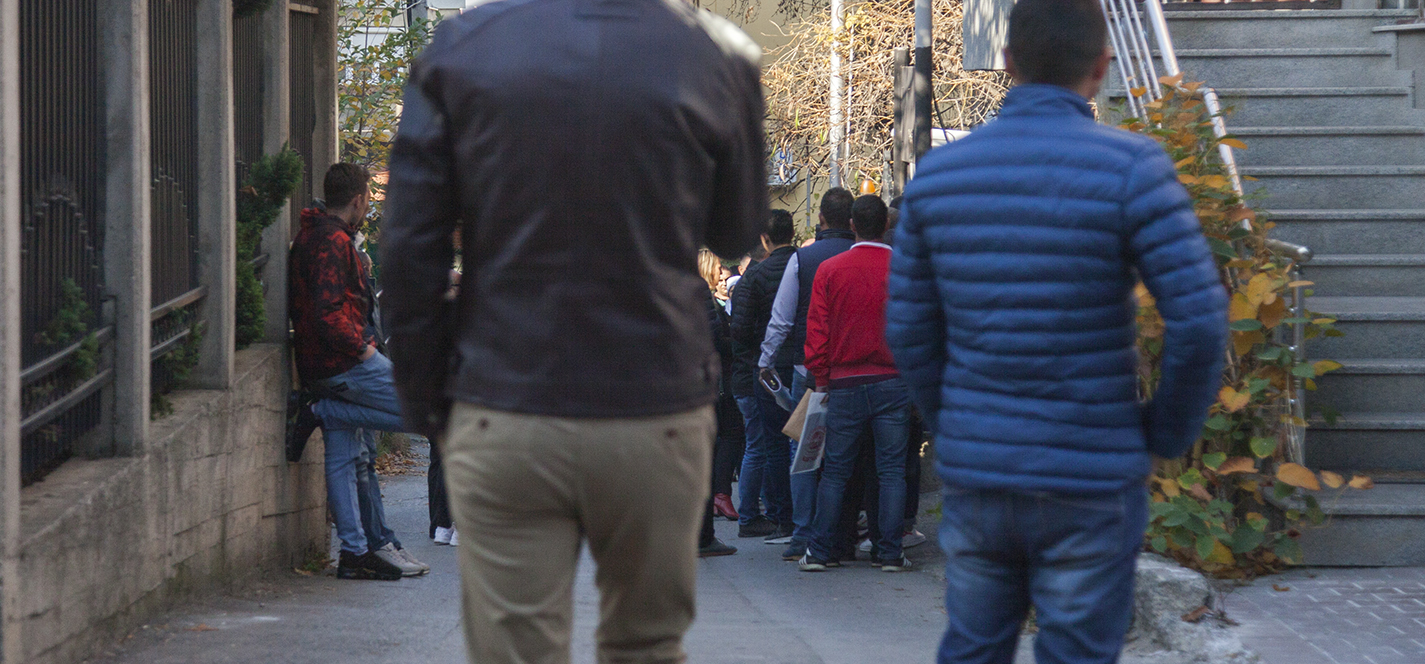
No desire to return
Hundreds of thousands leaving Balkan region in which they see no future.
"That's 360 doctors [leaving] at the state level — or one entire hospital — per year.”
Kristina Bevanda, Professional Trade Union of Doctors and Medical Practitioners"Despite my husband’s job and the two jobs that I had, I saw that we could not have more than the most basic things — perhaps not even that.”
According to data from Montenegro’s Employment Agency, 5,779 graduates are currently unemployed, as well as 243 people with a master’s degree and 10 with a doctorate.
"Be happy but tied, or be free but sometimes sad. Everyone has to choose for themselves."
Marko Makivić
Kosovo 2.0
Kosovo 2.0 is a pioneering independent media organization that engages society in insightful discussion. Through our print and online magazines, debates and advocacy initiatives, we are dedicated to deepening the understanding of current affairs in Kosovo, the region and beyond.
This story was originally written in Serbian.